Let’s Get Real
Alright, let’s skip the stiff medical speeches and dive in like we’re catching up over coffee. If your heart sometimes feels like it’s moonwalking out of rhythm or your doc just said “Maybe you’re a candidate for ablation,” you’re probably wondering… does this really change my future? Like, for real? I’ve heard so many stories—some hopeful, some pretty freaked out—and if I’m completely honest, I’ve been in the room while someone nervously googled, “life expectancy after cardiac ablation” while waiting for their next checkup.
The answer isn’t just numbers on a page; for a lot of people, it’s the difference between dreading each heartbeat and actually enjoying, well, life again. So let’s stroll through this together, no jargon, no lectures, just real talk about what changes, what doesn’t, and how it all feels when the beat finally clicks back into place.
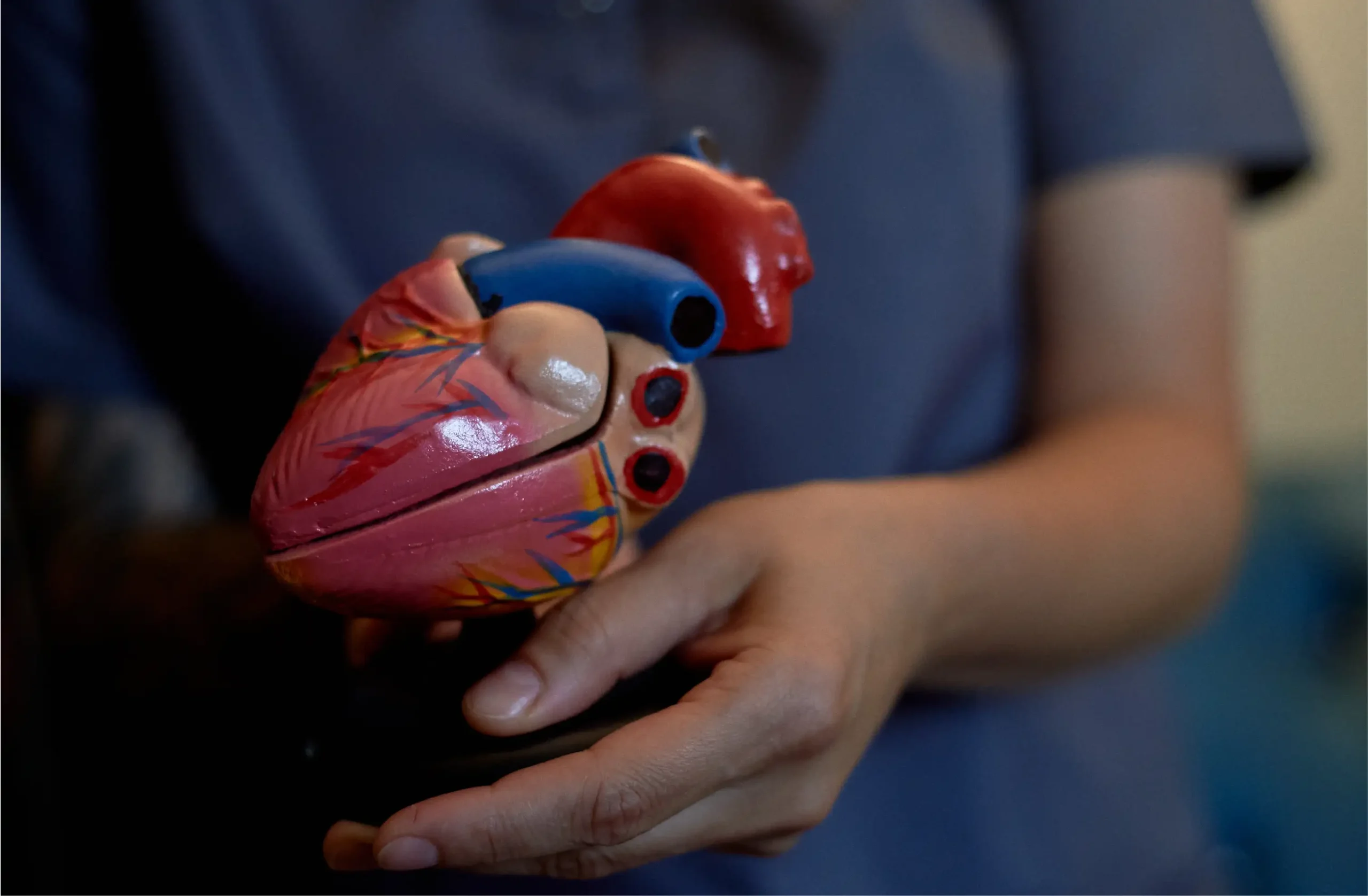
Why You’re Even Considering This
That Gut-Level Pause
Raise your hand if you’ve ever spent a night listening to your own heartbeat, half-wishing you could hit “mute”? Yep, you and pretty much everyone I know who’s wrestled with AFib, SVT, or any of those stubborn heart rhythm problems. You try meds, you tweak your diet, you start to live in that gray area between “fine” and “scared.” Maybe it’s not your story, but a friend’s—or like Tom, my hiking buddy, who looked 60 but felt 90 because every outing left him wiped out.
For folks like Tom, ablation’s not just about avoiding another ER visit. It’s about actually living. Not just hanging around. Turns out, if you look up Life expectancy after cardiac ablation SVT, there’s legit data on what happens next—after the procedure, after the first weird weeks, after the nerves settle and something like hope creeps back in.
Does This Actually Add Years?
Yeah, But Let’s Unpack That
So, let’s not get ahead of ourselves. Does a cardiac ablation really make you live longer? Or is it just another round on the medical carousel?
Good news: For most people—especially those stuck in the AFib loop—ablation radically improves quality of life. The early mortality risk (doctor-speak for something going majorly wrong soon after) is super low: about 0.46% according to a major registry study. That’s less than one in 200 people. Most complications, if they happen at all, tend to crop up within the first month.
But here’s where it gets interesting… not everyone gets the exact same story. Factors like age, other health conditions (think diabetes or heart failure), and the type of arrhythmia mean your “reset button” might look a little different from the next person’s. Still, there’s some strong evidence—according to real-world research—that ablation doesn’t just make you feel better, but can actually lower your risk of dying from a heart issue by as much as 62% compared to just sticking with meds. That’s not just a little better. That’s huge.
But Hold On, What About The “Scary Stuff”?
Maybe you’ve stumbled across stories with headlines like: “Has anyone died from heart ablation?” The big-picture truth is… it’s rare. Most deaths happen when someone’s really sick to start with—like if they already have severe heart failure, bad anemia, or they’re at a hospital that doesn’t do a lot of ablations.
This isn’t meant to downplay anyone’s worry. When you’re lying on that table (or thinking about it at 2 a.m.), nobody’s comforted by “low risk.” But it’s the reality for the vast majority of people. All those folks quietly going home the day after? You rarely hear about them… but they’re out there, usually back at work or walking the dog a week or two later.
Real Life Table: Before & After
| Before Ablation | After Ablation | |
|---|---|---|
| Symptoms | Dizzy, exhausted, anxious about heart skipping beats. | Energy back, fewer (or zero!) palpitations, less anxiety. |
| Activity | Limited walks, nothing too strenuous, sometimes avoiding outings altogether. | Back to walks, biking, family time—sometimes running marathons (yep, really!) |
| Life Expectancy | With untreated AFib: average 2.6 years lost compared to peers. | Reduced risk, sometimes adds years, certainly adds quality—especially when paired with lifestyle shifts. |
This isn’t a miracle cure. Results can vary. But that’s the typical pattern for thousands of regular people, not just hospital “super-patients.”
The Recovery Ride
What’s It Like…Really?
Let me paint you a quick picture. The day after Tom’s ablation, he texted: “Didn’t die! 10/10 would recommend.” (Not the Hallmark way to check in, but hey… you get to joke a little when things go right.)
What you feel after ablation? Kinda tired. Maybe a sore groin or wrist (that’s where the doc went plumbing for your heart). Some folks get tingly feelings or mild palpitations—oddly reassuring, because yes, your heart does have to learn the new rhythm. There’s a well-known “blanking period,” the first three months post-procedure when your heart might still act up. It’s… totally normal. According to AFib Institute, it’s mostly just your heart healing and recalibrating.
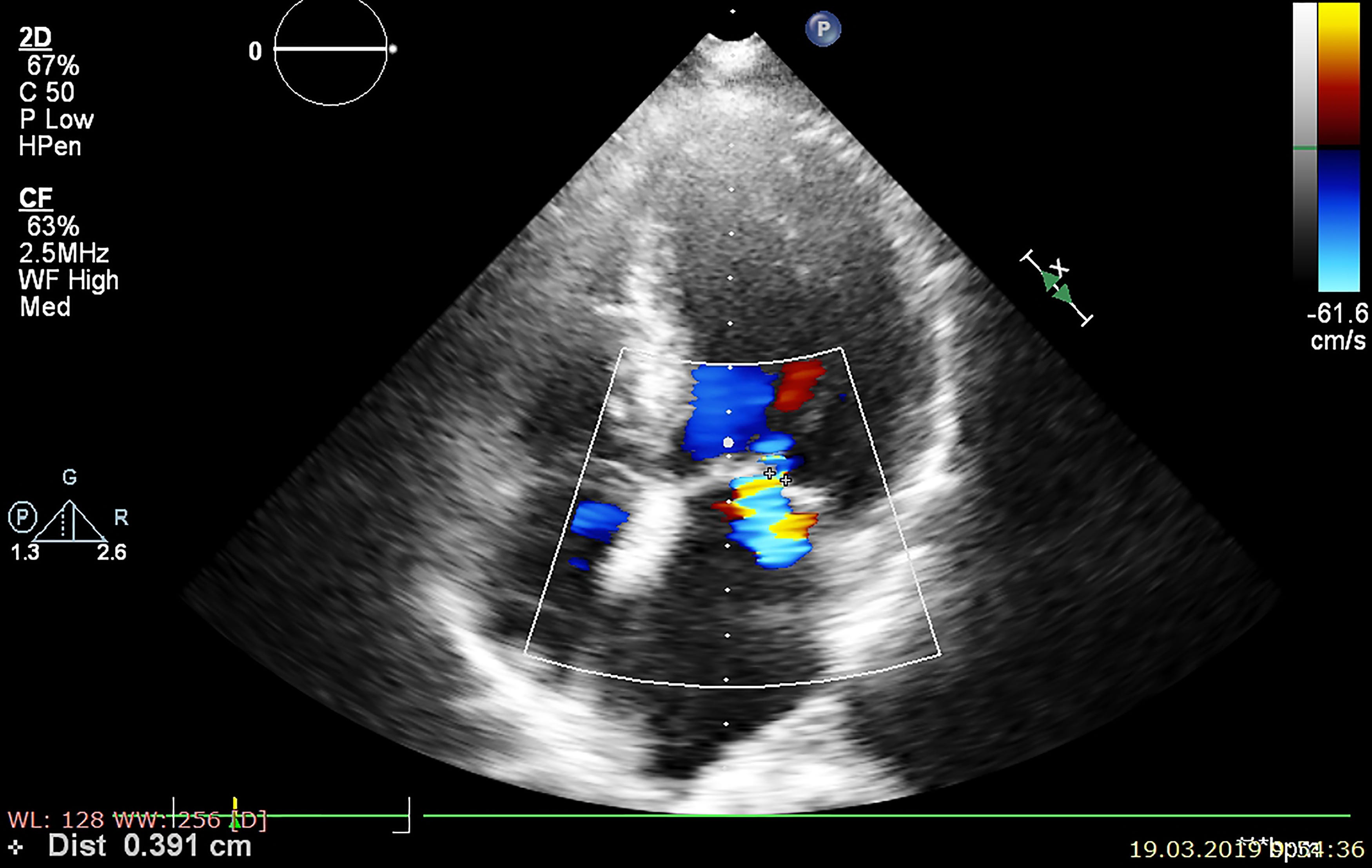
After the first week? Most people feel… kind of amazing. By around two to four weeks, you’re typically back to work or gentle workouts. Twelve months out? For most, that chapter is closed—big exhale, eyes on the future life expectancy after cardiac ablation SVT. If symptoms come back, sometimes a second shot is needed, but it’s rare that you’re right back to square one.
What Really Shapes Your Life Span?
It’s Not Just the Procedure
Let’s get practical. If you started with a healthy-ish heart (no funky valves, not a ton of scar tissue or muscle damage), ablation bumps your survival odds. Studies, like one from the American Heart Association found a 10-year survival of about 60% for people without major structural heart issues after ablation, and around 45% for folks with more complicated hearts. So it’s not totally “everybody gets to 100″—it’s more, “most get a lot closer to a regular future than you’d think.”
The kicker? Lifestyle and follow-up care matter… a lot. People who take ablation as a cue to quit smoking, walk daily, or do yoga (shout-out to my neighbor Cliff, who’s 73 and now crushing it at rowing competitions), often see another layer of improvement. According to research on mortality after AF ablation, it’s not just about the scars in your heart—it’s about what you do after. Blood pressure, weight loss, taking your meds… little boring things add up big time.
Quick Wins Table: Lifestyle Tweaks VS. Impact
| Change | Result |
|---|---|
| Walking 20 minutes daily | Reduces cardiovascular events by up to 30% |
| Quitting smoking | Doubles survival odds versus those who keep puffing |
| Follow-up appointments | Catches issues fast, reduces serious complications |
Seriously, you don’t need to be a gym rat. But a bit of consistency—not perfection—seems to unlock those bonus years that ablation is working so hard to give you.
And What If You’re Still Worried?
Honest Talk, Friend to Friend
I get it. Some nights, I lie there wondering if my heart will cooperate by sunrise. The fear’s real. Maybe you’re stuck on pages about “has anyone died from heart ablation“—and that’s not silly, it’s human. Most people come out the other side a little tired, a lot relieved, and with years added not just to their charts, but to the hours they’re laughing with family or walking the dog after dinner.
If your anxiety keeps having the last word, put it this way: how much joy, energy, time are you already losing to fear of the next episode? The stats say the odds are on your side. The real-life stories? They’re mostly hopeful. Sometimes, hope isn’t wishful thinking—it’s just the boring math finally landing in your favor.
Your Next Beat
You made it to the end (yay for small wins)! Look, life expectancy after cardiac ablation isn’t some mystical promise—it’s a very real shot at more years and better years for a lot of people. Sure, there’s risk (as there is waking up, crossing the street, or investing in crypto), but for most, the payoff is more time to do all the random, beautiful, ordinary things you love.
Remember, ablation isn’t a solo journey. Your doctors, your family, even that random stranger in the online support group—you’ve got backup. If you’re on the fence, talk to your cardiologist. Ask about life expectancy after cardiac ablation SVT or even dwell a bit on the tough questions like has anyone died from heart ablation. You deserve honest, hopeful answers. And maybe, next time you’re out walking and your heart’s beating steady, you’ll think—I’m really still here… and I’m not just trying to get by anymore. I’m living.
So, what do you think—ready for your next chapter?

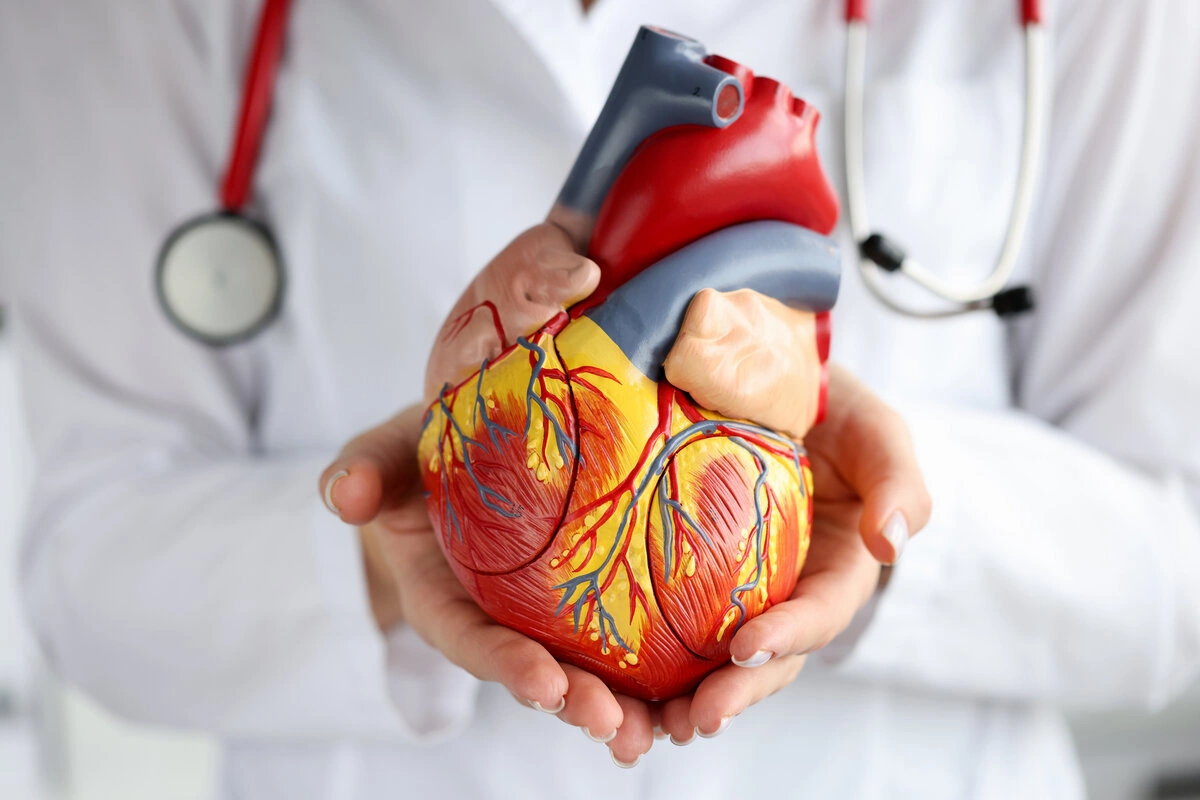


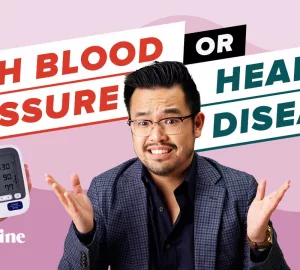
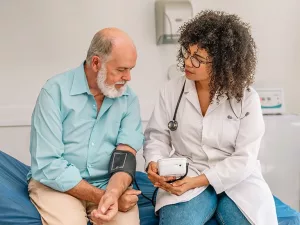
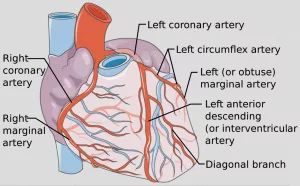
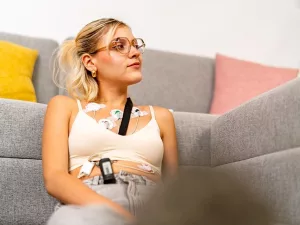
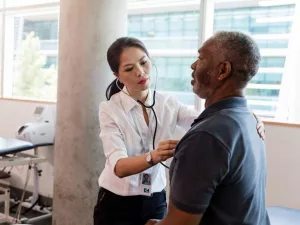
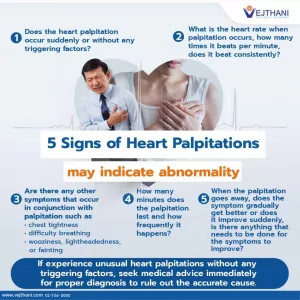



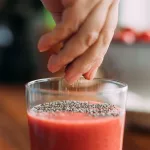



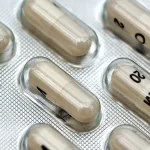


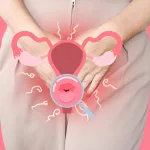




Leave a Reply
You must be logged in to post a comment.